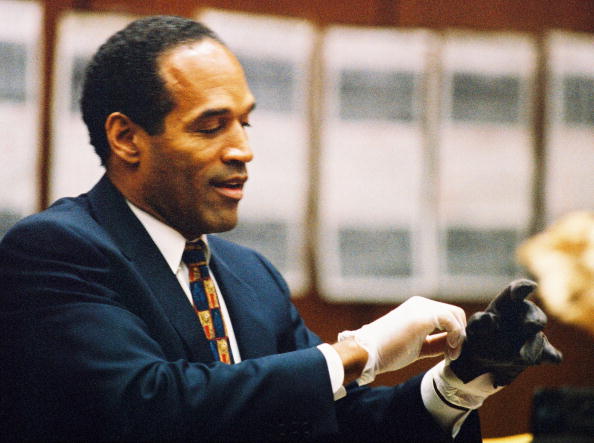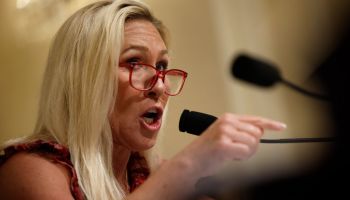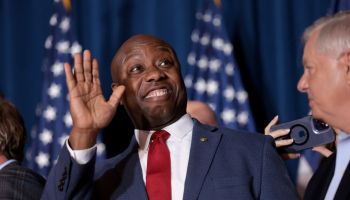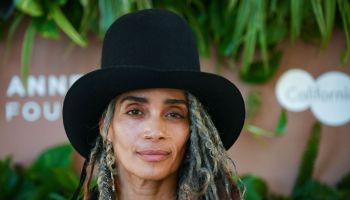When the University of Maryland elaborately celebrated its 150th anniversary in 2006, there were only fleeting mentions of its early ties to slavery. The next year, black faculty members urged President C.D. Mote Jr. to follow the lead of Maryland lawmakers and issue an apology for the university’s historic use of slave labor.
Mote refused to do so, but he asked a group of students to research the topic. As they presented him with a final report Friday, the students recommended the university “issue a statement of regret,” honor African Americans who assisted with its creation by naming them founders, add classes focused on slavery, continue research and ensure that the university is not benefiting from current international “coercive labor practices.”
RELATED: Proposed Bill Would Examine Fiscal Legacy Of Slavery In Massachusetts
Mote said Friday that he will review the recommendations but that he has no plans for a statement because all institutions at that time were influenced by slavery.
“It’s a little difficult for a university to retrospectively change its founders,” he said. “It’s like changing the signers of the Declaration of Independence.”
RELATED: UN Launches Trust Fund For Slavery Memorial
The report does not contain a “smoking gun” or examples of how slaves were forced to construct parts of the campus beginning in 1856, just before the Civil War and the abolition of slavery, said history professor Ira Berlin, who led the class. But at least 16 of the university’s original 24 trustees owned slaves, and it would have been nearly impossible then to “undertake this type of enterprise in Maryland and not use slaves,” he said.
“If slaves didn’t lay the bricks, they made the bricks. If they didn’t make the bricks, they drove the wagon that brought the bricks. If they didn’t drive the wagon, they built the wagon wheels,” Berlin is quoted as saying in the report.
















